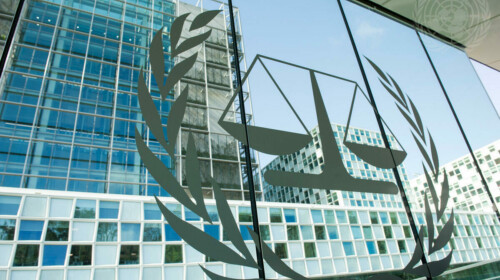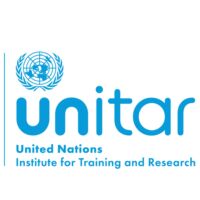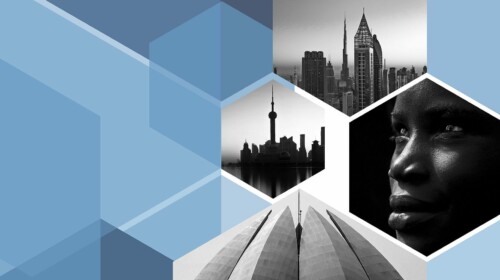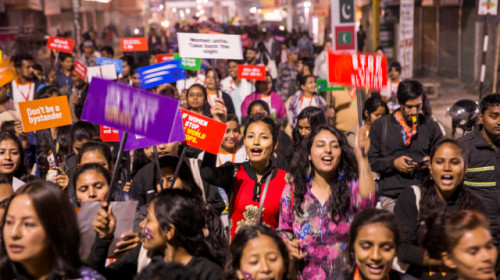Under UN leadership, the last 30 years have seen remarkable development in the fight against impunity. Many different accountability mechanisms – truth commissions, international and hybrid tribunals, as well as commissions of inquiry, fact-finding missions and investigations – have been established and successfully implemented. As a consequence, an increasing number of people around the world are demanding justice. Policy makers and diplomats at all levels and in all regions can expect discussions and debates on these topics and ought to be prepared for them.
The Executive Diploma on International Criminal Law and Transitional Justice will provide unique access to information, perspectives, updates and analysis on accountability mechanisms for both those seeking to develop a working background on the topics as well as those already thoroughly versed in their dynamics.
Through this five-day substantive program spread over a period of one month, participants from around the world will listen to analysts, academics, policy makers and international experts to gain insight and rare first-hand knowledge about different accountability mechanisms from a wide range of perspectives. In addition to the substantive e-workshops, skills-focused modules will provide participants with a wholistic training experiences and allow them to put their substantive knowledge into practice.
Target Audience
Government officials, international civil servants, lawyers, judges, NGO representatives, academics and private sector professionals in the field of international law and international organizations.
Learning Objectives
At the end of the programme participants will be able to:
- Explain the role of the UN and its bodies in relation to human rights violations
- Define transitional justice and the role of the UN is the promotion of truth, justice, reparations and guarantees of non-recurrence
- Explain the ongoing debates surrounding the establishment of international criminal courts
- Discuss the work of the only permanent International Criminal Court with a focus on its jurisdiction and issues of admissibility of cases and complementarity with national legal systems
- Discuss the perceived crisis of international criminal justice as indicated by imposed sanctions against the ICC Prosecutor and senior staff
- Identify the increasing number of cases brought before national judiciaries under the principle of universal jurisdiction and what they might mean for the future of international criminal law and international criminal justice









